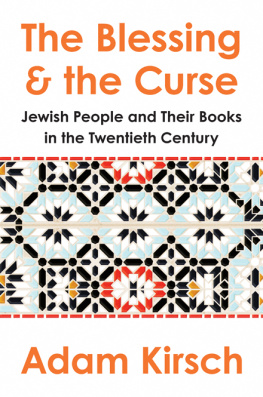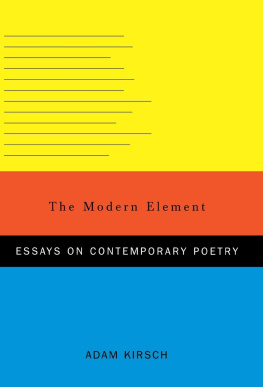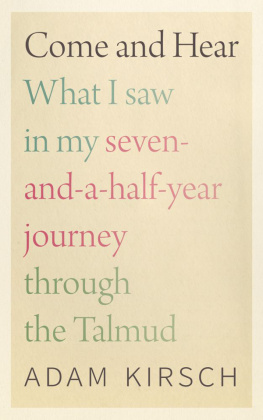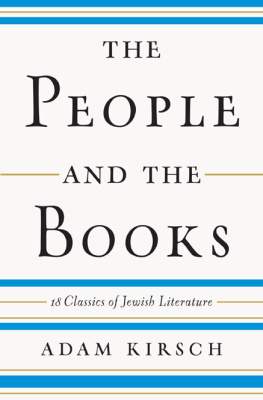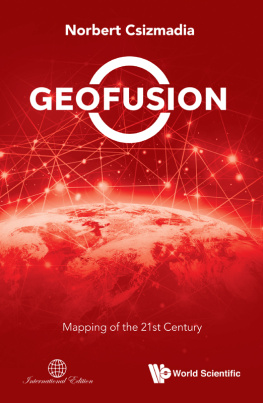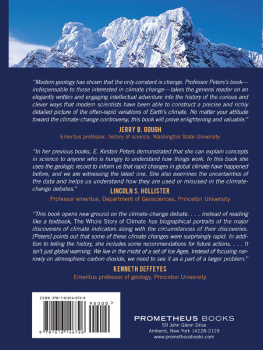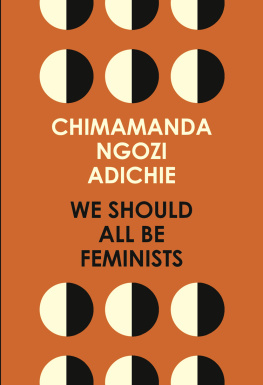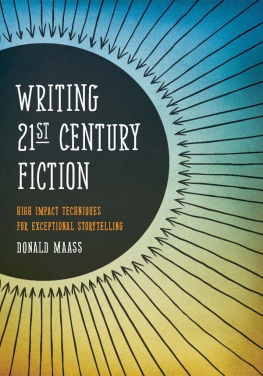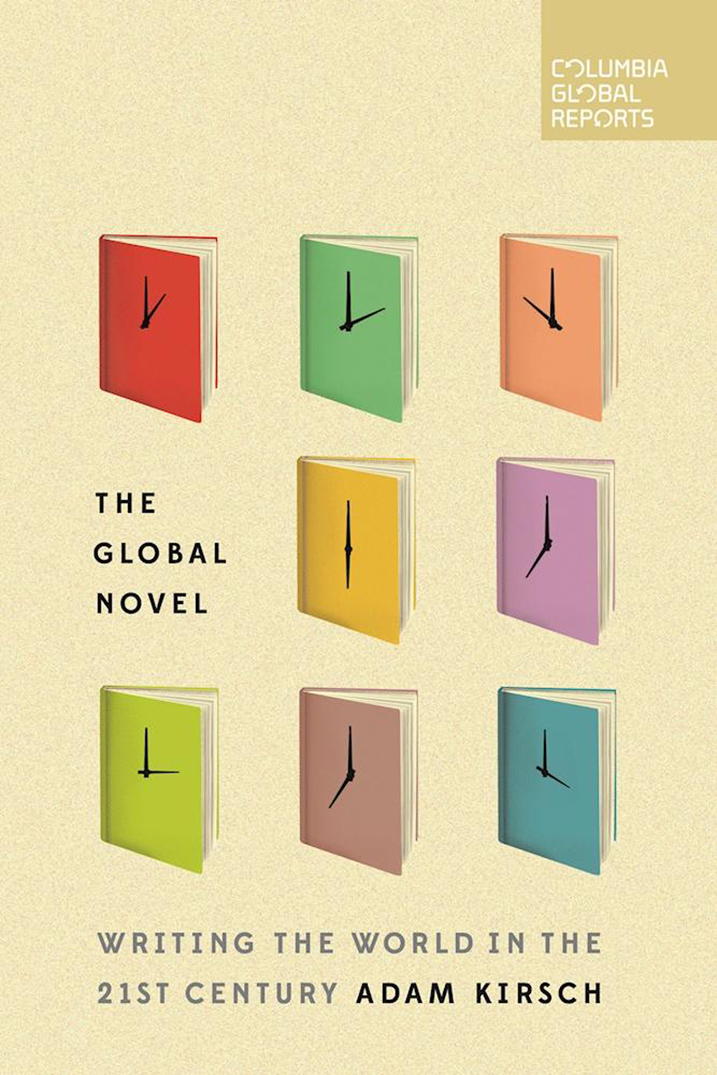


Copyright 2016 by Adam Kirsch
All rights reserved
Published by Columbia Global Reports
91 Claremont Avenue, Suite 515
New York, NY 10027
globalreports.columbia.edu
facebook.com/columbiaglobalreports
@columbiaGR
Library of Congress Control Number:
2016962876
ISBN: 978-0-9977-2291-8
Book design by Strick&Williams
Map design by Jeffrey L. Ward
Author photograph by Miranda Sita

Table of Contents
Guide
CONTENTS
There is a well-established rule for anyone writing about the increasingly popular, and surprisingly controversial, subject of world literature: Begin with Goethe. It was Johann Wolfgang von Goethe who invented the phrase world literature, Weltliteratur, in a conversation recorded by his disciple Eckermann in 1827. His mention of the subject is brief, but it has founded a whole discipline: I am more and more convinced that poetry is the universal possession of mankind, revealing itself everywhere and at all times in hundreds and hundreds of men.... National literature is now a rather unmeaning term; the epoch of world literature is at hand, and everyone must strive to hasten its approach.
Who could doubt that Goethes prophecy has come true many times over? In the twenty-first century, almost two hundred years into the epoch of world literature, the canonical books of all languages and cultures have never been easier to access. Whether you want to read the Gilgamesh epic, The Tale of Genji, the Tibetan Book of the Dead, or War and Peaceor, for that matter, Goethes own worksthey are all just a mouse-click away. Nor have living writers ever had a more intimate and up-to-date knowledge of the work of their contemporaries in all parts of the world. A dedicated American reader of fiction today is as likely to be familiar with the works of Haruki Murakami, Elena Ferrante, or Roberto Bolao as she is with the writers of her own country. Technology, culture, and economics all seem to predict that this union will grow ever closer. Barring a civilizational disaster, its hard to see how literature could ever return to a parochial or even merely national perspective.
But if world literature were really such a settled matter, Goethes words wouldnt continue to haunt the subject like a guilty conscience. In fact, the more you think about his terms and concepts, the more enigmatic they become. Does the epoch of world literature mean simply an age, like our own, in which many books, especially the classics, are available for reading? Or did Goethe hope for something morea truly cosmopolitan literature, in which national origin would have ceased to matter at all? Could such a thing ever exist, so long as people continue to speak different languages? As long as they do, readers will depend on translationsoften translations into English, which is the worlds most popular second language. But is translation a valid form of interpretation, or does it obscure more than it reveals? Does the hegemony of English threaten the diversity of literatures and cultures? And beyond the words on the page, can the national and local context of a book be translated in such a way as to make the text as meaningful to foreign readers as it is to its original audience? Goethe believed that national literatures were obsolete, but can a book ever be immediately global? Wouldnt a truly global literature depend on the abolition of difference altogether?
In this way, what might seem like strictly literary questions turn out to converge with the largest and most urgent issues of our age of globalization. The question of whether world literature can existin particular, whether the novel, the preeminent modern genre of exploration and explanation, can be globalis another way of asking whether a meaningfully global consciousness can exist. Perhaps the answer is already suggested by the question: It is only because we have grown to think of humanity on a planetary scale that we start to demand a literature equally comprehensive. The novel is already implicitly global as soon as it starts to speculate on or record the experience of human beings in the twenty-first century. Global novels are those that make this dimension explicit.
Of course, this does not mean that the global novel has superseded the novel of the city, or region, or nation. The global novel exists, not as a genre separated from and opposed to other kinds of fiction, but as a perspective that governs the interpretation of experience. In this way, it is faithful to the way the global is actually livednot through the abolition of place, but as a theme by which place is mediated. Life lived here is experienced in its profound and often unsettling connections with life lived elsewhere, and everywhere. The local gains dignity, and significance, insofar as it can be seen as part of a worldwide phenomenon.
Indeed, the global novel is now the most important means by which literature attempts to reckon with humanity as such. The ambition to speak for and about human nature, which has been the object of critical suspicion for several generations, still flourishes among writers. The difference is that, where a novelist of the eighteenth century might simply assert the unity of human natureas in Jane Austens blithe it is a truth universally acknowledgedthe twenty-first-century novelist must dramatize that unity, by plotting local experience against a background that is international and even cosmic. But both types of writer advance claims about the nature and destiny of our species. The fact that, in our time, these claims are frequently pessimisticthat they focus on themes of violence, alienation, and reckless exploitationshould not obscure the fact that writing the global novel means making a basic affirmation of the power of literature to represent the world.
It is because the stakes are so high that the academic and journalistic discussion of world literature is so impassioned, and usually so critical. Indeed, the banner of most writers on the subject could be inscribed with the title of a recent book by Emily Apter: Against World Literature. To be against world literature might seem like the ultimate impossibility for a literary scholar, whose vocation is based on reading across borders. Surely world literature is a perfect demonstration of the liberal values on which, all intellectuals depend for their existencevalues like tolerance of difference, mutual understanding, and free exchange of ideas.
To be sure, Apter herself is not opposed to any of these things: I endorse World Literatures deprovincialization of the canon and the way in which, at its best, it draws on translation to deliver surprising cognitive landscapes hailing from inaccessible linguistic folds. Put more simply, reading across borders opens our minds and gives us access to new ways of thinking and feeling. But Apter goes on to deplore tendencies in World Literature toward reflexive endorsement of cultural equivalence and substitutability, or toward the celebration of nationally and ethnically branded differences that have been niche-marketed as commercialized identities.


